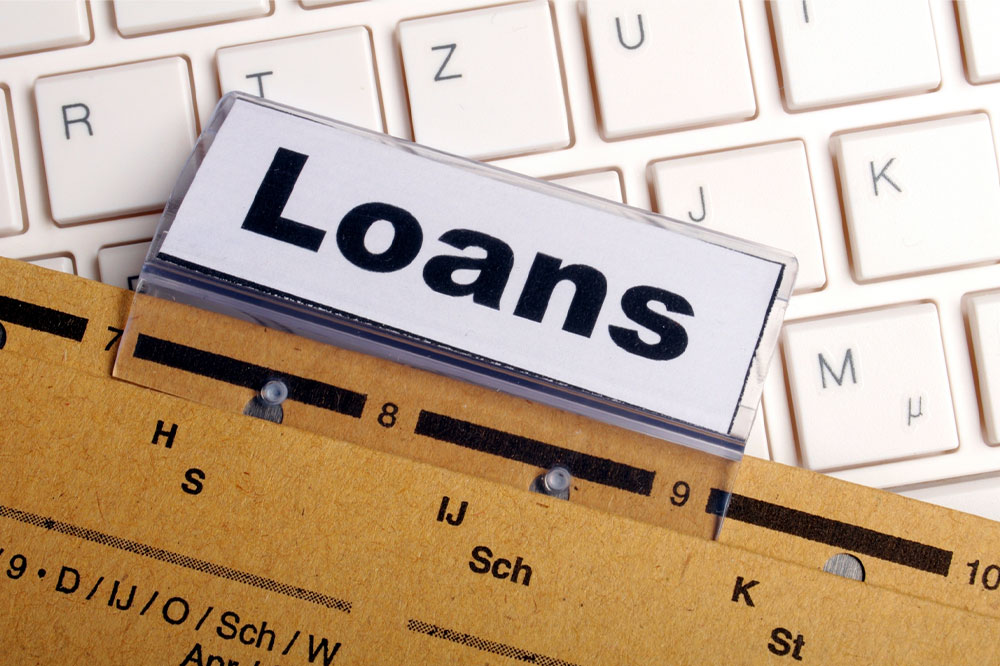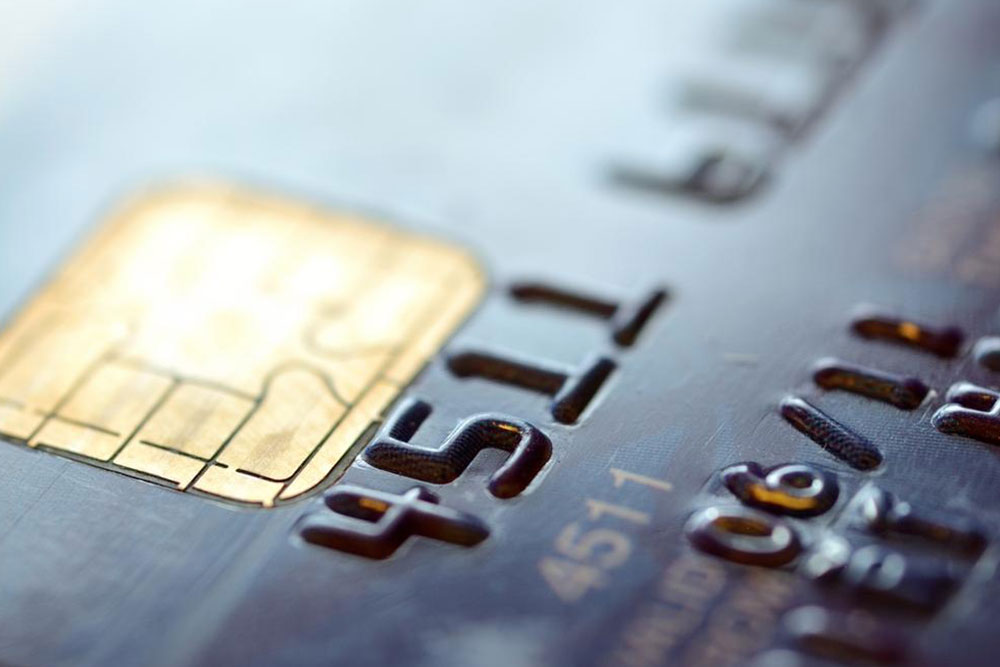Guidelines for Securing a Personal Unsecured Loan
Learn essential tips for securing a personal unsecured loan, including understanding credit requirements, risks involved, and legal considerations. This comprehensive guide helps borrowers make informed decisions and avoid potential pitfalls associated with unsecured borrowing.

Guidelines for Securing a Personal Unsecured Loan
Unsecured loans are loans that do not require any collateral or security. Many individuals need funds for purposes other than purchasing property or real estate, and this is where personal loans become relevant.
Understanding Personal Unsecured Loans
A personal unsecured loan is granted solely based on the borrower’s credit history without requiring any assets as collateral. Also known as signature or personal loans, approval typically depends on the applicant maintaining a strong credit score.
Since unsecured loans are not backed by assets, lenders often charge higher interest rates to offset the risk involved.
Key Considerations for Personal Unsecured Loans
Lenders may be hesitant to approve loans if your credit score is poor, making approval challenging for some borrowers.
If a borrower defaults, lenders may pursue legal action or try to recover dues through other measures, but they cannot claim or seize collateral assets like properties or vehicles.
Because no collateral secures these loans, lenders might attempt recovery through legal channels, which can become aggressive if repayment fails. If you're uncomfortable with this, conduct thorough research on lenders before proceeding.
If repayment issues occur, lenders have the right to take legal steps that could include selling your property or possessions to recover dues.
It’s crucial to understand these aspects before applying for a personal loan. Failing to repay can lead to severe financial consequences and legal troubles.










